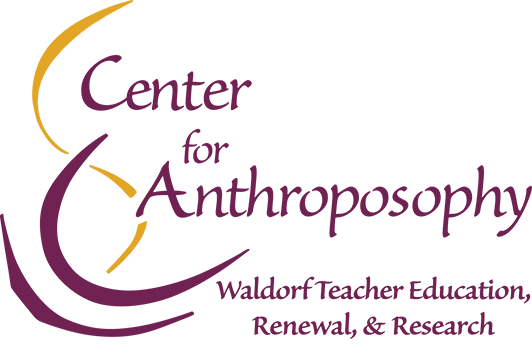I Course Outline:
This course will develop experiences of living thinking. Through a process of reflecting on reading assignments, observations, and practical exercises, participants will be encouraged to develop a deeper understanding of this essential aspect of Waldorf education, drawing from Rudolf Steiner’s Intuitive Thinking as a Spiritual Path: A Philosophy of Freedom.
Classes will focus on three central themes:
- improving our ability to observe our surroundings
- developing a conscious understanding of the relation between sense experience and thought
- exploring how this process relates to and affects our daily life and work as a teacher
- Exercises involving dynamic, lively scenes in the natural world will be investigated to illustrate the challenges posed by the observation of living nature. Through small group work and individual journaling, the relevance of intuitions in ethical individualism will become more apparent.
- Themes from the morning discussions will be further deepened during the afternoon sessions through the practice of metal work, as well as other arts.
II Readings:
Required:
Rudolf Steiner, Intuitive Thinking as a Spiritual Path:
A Philosophy of Freedom, trans. Michael Lipson (Hudson: Anthroposophic Press, 1995).
